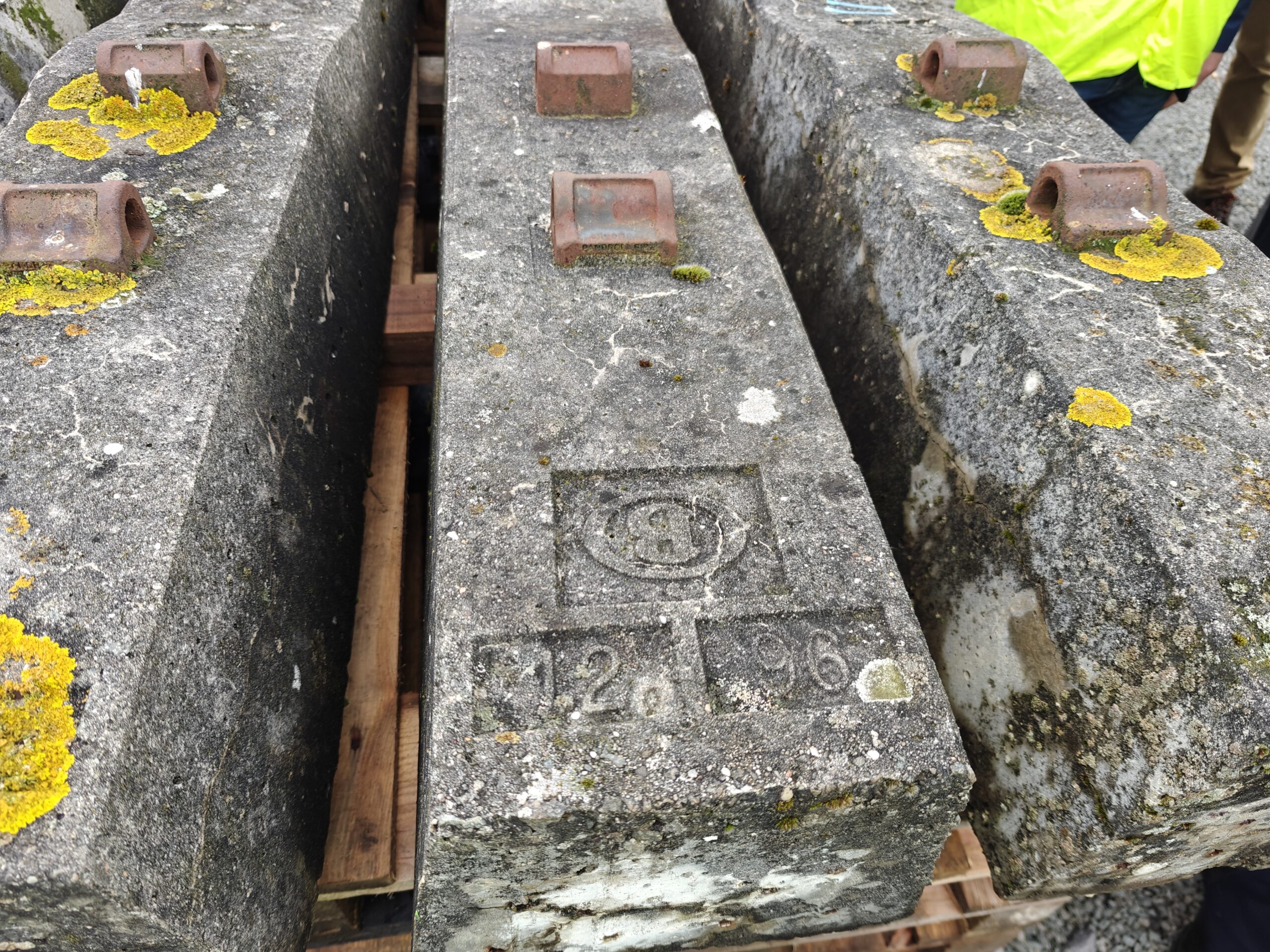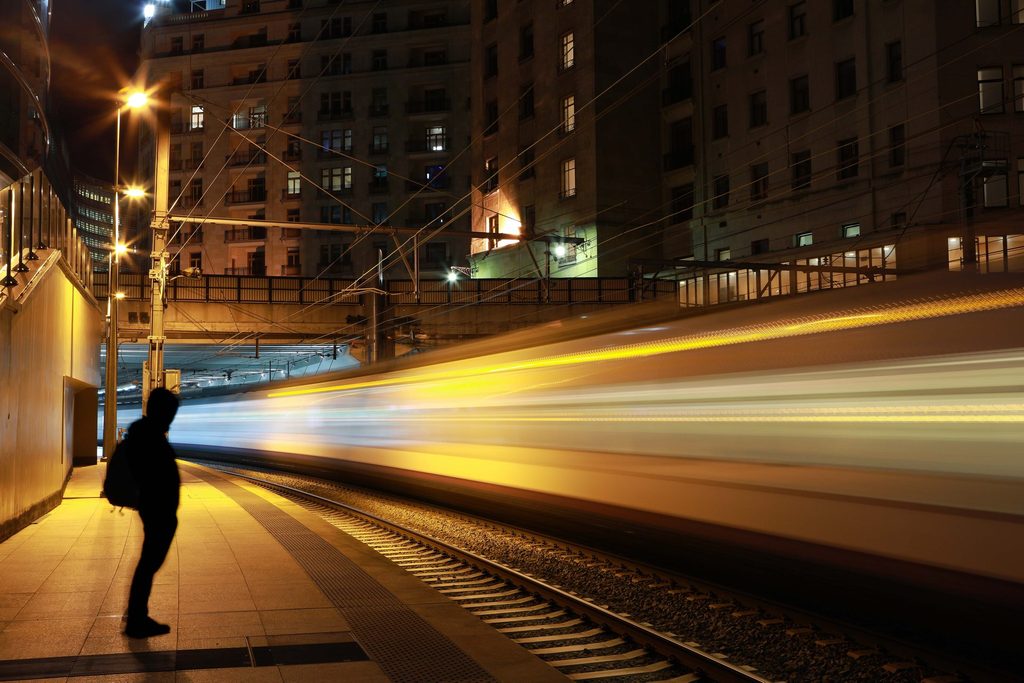Railway network manager Infrabel is investing €310 million to renovate the oldest high-speed line on the Belgian rail network. About 100 trains run on the line every day at a speed of 300 km/h, making it a key line in Belgium's railway system.
The HSL1 from Brussels to France, which was commissioned in 1997, has been showing signs of ageing in recent years and is in dire need of renovation. "Without this work, we would have to limit the commercial speed of the trains from next year," said Infrabel chief Benoît Gilson.
To ensure the performance of the 74-kilometre high-speed line, and more generally the competitiveness of European rail, various parts of the line will therefore be renewed in the coming years.
Longer travel time
The renovation will take ten years. Work will be carried out at night to ensure that there is no disruption to passengers. But each year, train traffic on the line will also be completely interrupted for an average of two weeks in summer. During this period, the high-speed trains to and from Paris and London will run with delays as they will have to use conventional tracks.
As a result, travel times will be around half an hour longer than normal. The railway operators operating on HSL1 will inform passengers of the changes to their timetables.

Concrete railroad ties at the construction and renovation site of the HSL1 railway. Credit: Belga / Juan Godbille
The first time this extended period of interruption will take place is from 12 to 30 August, when train traffic will be interrupted in both directions between Antoing and Gellingen, in the province of Hainaut. The start date is no coincidence: it falls the day after the closing ceremony of the Olympic Games, which will be held in the French capital from 26 July to 11 August.
The work will include over 35 kilometres of new rails, around 30,000 new sleepers (the horizontal supports which lie underneath the rails, helping hold them in place) and 5,500 tonnes of ballast (the layer of stones under the rails that acts as shock absorbers). Storm drains will also be cleaned and signal cables replaced.
The budget for the works – €310 million – was inscribed in Infrabel's multi-year investment plan approved by the Federal Government in December 2022.
"These investments are necessary if we want to continue travelling at high speed across Belgium and Europe," said Prime Minister Alexander De Croo. "The high-speed lines connect Brussels to Paris, Amsterdam, London or even Cologne. So for a country like Belgium, which is at the heart of an international hub, this is a crucial yard."

